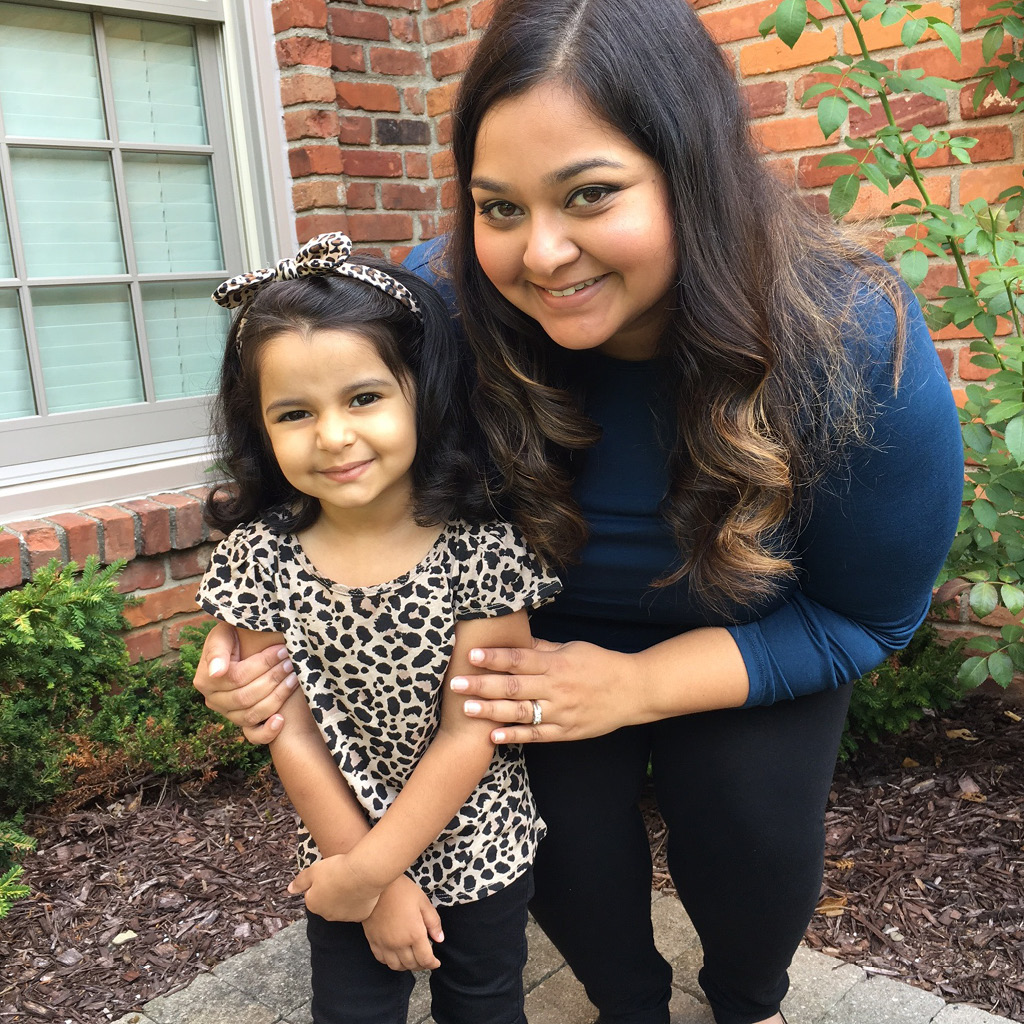
However, what I remember most from my childhood are the moments where people were not-so accepting—the people that said horrendous things to my parents, siblings and me.
After the attacks on September 11th, the bullying got exponentially worse. I remember sitting in class as we discussed the terrorist attacks led by Islamic extremists and someone saying to me, “Tell your uncle Osama to stop bombing my country!”
I remember thinking to myself, “Isn’t this my country, too? I was born and raised in this country.”
Suddenly, my whole family noticed a change in our community. The cashier at the local grocery store wasn’t so accepting of my parents’ accents. She talked down to them and spoke slowly as if they couldn’t understand her. Why were people being such bullies? Were we doing something wrong? NO. The answer is NO.
 In today’s world, bullying is everywhere: on social media, in schools, at work, and in politics. I think the biggest problem we have is that children aren’t being taught to empathize.
In today’s world, bullying is everywhere: on social media, in schools, at work, and in politics. I think the biggest problem we have is that children aren’t being taught to empathize.
My primary goal in life is to raise a good kid; I don’t mean a kid with straight A’s or a kid that is the star athlete. I mean a kid with a good nature, a nice person who likes to make everyone smile. I have a young daughter who is as curious as they get. She asks me questions like, “Why is that man in a wheelchair?” and “Why is that ladies skin darker than mine?” I tell her, “That’s one thing of many that makes that person special.” It’s difficult trying to explain to little children why they can’t say whatever is on their mind, but it’s a conversation parents need to have with their children. Children need to learn to empathize with others, to put themselves in others’ shoes and share the pain of there friends and neighbors.
As important as it is for me to teach my daughter to empathize, I find it equally important for her to stand up against bullying—whether it’s directed towards her or someone else. I show her all the ways she can use her voice, her words and her knowledge to change the world around her.
When I find out she is upset about something she saw in the news or something that happened to a schoolmate in preschool, I encourage my daughter to stand up and stand out, to do something that will make a difference. I never want her to feel like she can’t make a difference which is why I take pride in being a loud-mouthed, opinionated woman. All I can hope for is that she will follow suit one day and try to change the world around her for the better.
Meriam Uppal is a 29-year-old from Rochester Hills, Michigan, a Human Resources Manager for an automotive company in Rochester Hills, and a Political Science graduate from Wayne State University pursuing an MBA at Walsh College. She has been married for over 6 years and has a 4-year-old daughter..
The views or experiences expressed are solely those of the contributor or interview subject and do not represent the views of the Tyler Clementi Foundation, its staff or board. If you have any questions or concerns regarding the material, please contact the Tyler Clementi Foundation, and we appreciate your support and commitment to end bullying starting on #Day1.
